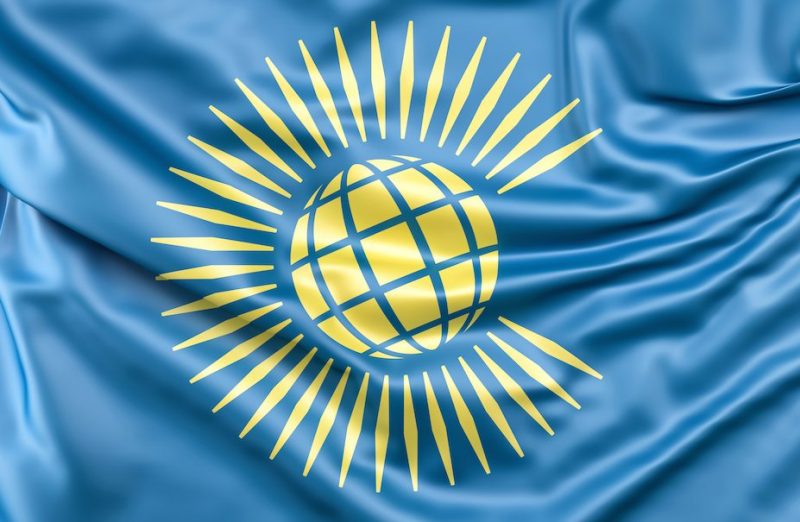
William Horsley, CFOM International Director
First published on Oxford Human Rights Hub.
At the Commonwealth Heads of Government Meeting (CHOGM) in Samoa in late October 2024, leaders of the 56 member countries of the Commonwealth marked the organisation’s 75th anniversary with a commitment to observe a set of Commonwealth Principles on Freedom of Expression and the Role of the Media in Good Governance (‘Media Principles’). The 11-point text draws on the Commonwealth Charter and elements of the key instruments of international law. Civil society and advocacy organisations welcome the adoption of the Media Principles but assert that practical and independent mechanisms to enforce the Media Principles must follow if they are to have real-world effect.
Six civil society groups are credited with initiating the process of drafting a set of principles in this sensitive area. The civil society version of the Commonwealth Media Principles was published in 2018 using somewhat more exacting language. It was later revised by senior officials of the member governments in terms that proved acceptable to all member states using the principle of decision-making by consensus.
But therein lies a sharp tension with the expectations of 21st century populations for monitoring and enforcement of the human rights protections that exist in international law. The Media Principles acknowledge the media’s essential role in the democratic process by promoting transparency and accountability and sets out in broad terms how member states “should” or “must” respect these non-binding guidelines to ensure that the media can work free from violence, intimidation or interference. Yet no adequate enforcement mechanism has yet been considered nor discussed.
The task is urgent. Targeted attacks aimed at silencing journalists have increased alarmingly in Commonwealth states, as elsewhere. Between 2006 and 2023, the United Nations Educational, Scientific and Cultural Organization (UNESCO) condemned journalists’ killings in 16 member countries. The rate of impunity for those killings is about ten percent higher than the global rate of (now) 85 percent, meaning that almost all instances go unpunished. Those figures should be unacceptable to a multilateral organisation which aspires to champion free speech, accountability, and the rule of law.
On 2 November 2024, UNESCO’s Director-General published its biennial report on journalists’ killings with a renewed call for states everywhere to stop impunity for these crimes. The Commonwealth’s Media Principles as adopted call for state authorities to “act decisively” to end impunity, yet no action is foreseen to remedy the poor record of its member countries. Civil society groups urge the organisation to exert its influence by providing technical and legal expertise to states that require help or lack resources and engaging vigorously with ongoing international initiatives to protect media freedom and journalists’ safety.

A second urgent task is to mobilise resolutely to bring about the speedy repeal of punitive laws that criminalise speech and the legitimate work of journalists in member states. During the CHOGM, meeting the Commonwealth Human Rights Initiative and Commonwealth Journalists Association released startling evidence about the scale of deviations from international standards regarding legal protections for free expression in Commonwealth states. Their forthcoming research shows that 41 member countries continue to criminalise defamation; 48 retain laws related to sedition; and 37 still have blasphemy-related laws. Many of those laws carry harsh jail sentences for offenders.
The Media Principles say only that Commonwealth governments “should consider repealing or amending laws which unduly restrict freedom of expression”. NGOs wish to see action-oriented initiatives in cooperation with national governments and legislatures, with institutional support to achieve compliance with global standards. International lawyers have called on the UK to lead these efforts, as most of those criminal laws have their origins in colonial times.
The Leaders’ Statement and Samoa Communiqué urges member states to take “concrete and meaningful steps” to implement the Media Principles within their domestic frameworks. Yet several member states have conspicuously declined to engage with those who protest against the repression of media independence and free speech. That must change.
The global assault against free speech mirrors a global slide towards the breakdown in the rule of law. The Commonwealth must now back up its words with decisive actions to stand on the side of the watchdogs for accountable governance and media freedom.
